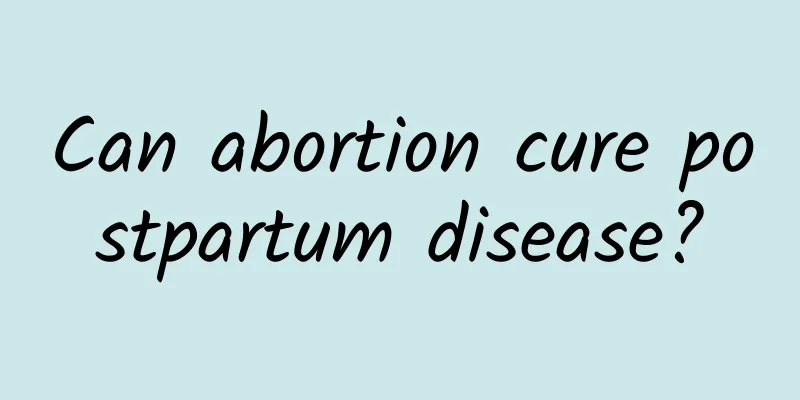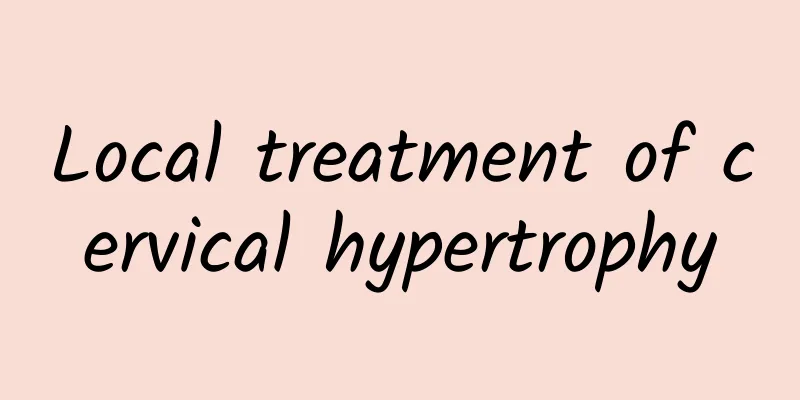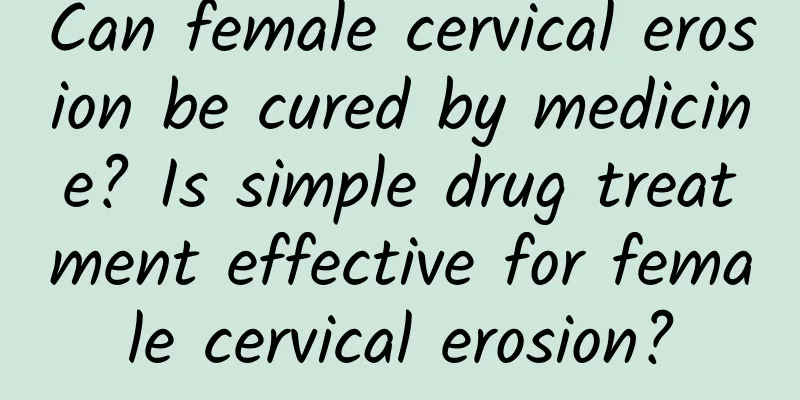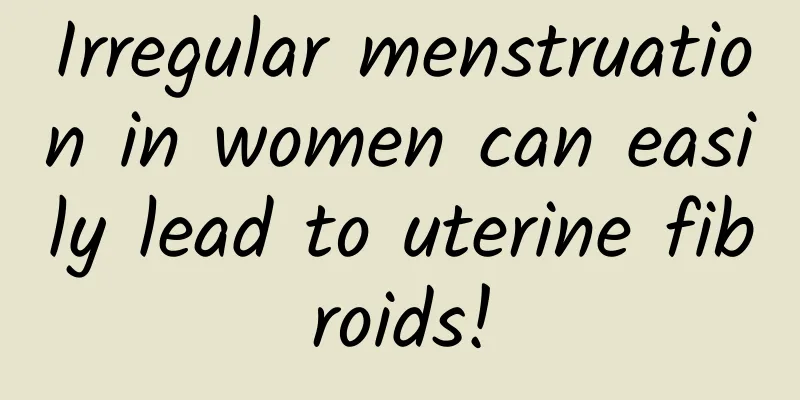What medicine can eliminate uterine cysts?
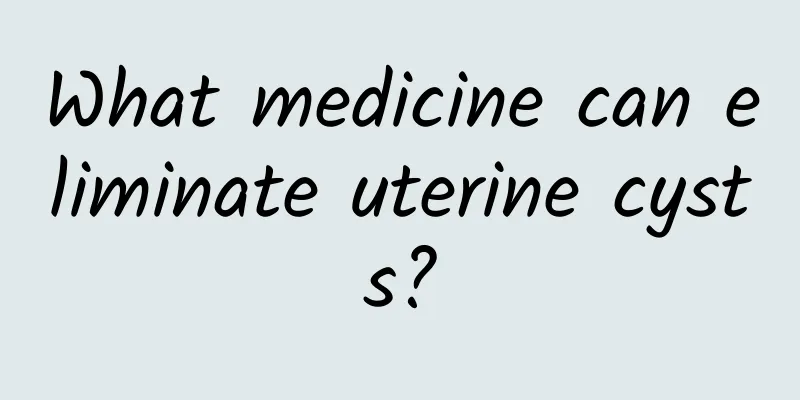
|
The treatment of uterine cysts requires the selection of medications or surgery based on the type of cyst and symptoms. Common medications include oral contraceptives, GnRH agonists, and progesterone drugs. Mild cysts can also be assisted by diet and lifestyle adjustments. 1. Oral contraceptives Oral contraceptives are commonly used to treat functional uterine cysts. They inhibit cyst growth by regulating hormone levels. This type of drug is suitable for patients with small cysts and mild symptoms, such as irregular menstruation or mild abdominal pain. Common drugs include ethinyl estradiol cyproterone acetate tablets and desogestrel ethinyl estradiol tablets. Consultation is required before use to exclude contraindications. 2. GnRH agonists GnRH agonists reduce cyst size by inhibiting the secretion of gonadotropin by the pituitary gland and lowering estrogen levels. They are suitable for cysts that are large or have obvious symptoms, such as severe abdominal pain or compression symptoms. Common drugs include leuprolide and goserelin. Long-term use may cause osteoporosis, and calcium supplements should be taken as prescribed by a doctor. 3. Progestogen drugs Progestogen drugs inhibit endometrial hyperplasia, reduce the blood supply and growth of cysts. They are suitable for cysts related to endometriosis. Common drugs include dydrogesterone and medroxyprogesterone acetate. Some patients may experience side effects such as breast tenderness and weight gain, and regular follow-up is required. 4. Diet adjustment Adding foods rich in antioxidants, such as blueberries, spinach, and broccoli, to your diet can help reduce inflammation. Reduce the intake of high-fat and high-sugar foods and avoid hormone level fluctuations. Supplementing with vitamin D and omega-3 fatty acids in moderation can help relieve symptoms. 5. Improve your lifestyle Maintain a regular work and rest schedule, avoid overwork and mood swings. Moderate exercise such as yoga and swimming can help improve blood circulation and relieve stress. Quit smoking and limit alcohol consumption to reduce interference with the endocrine system. The treatment of uterine cysts should be combined with individual conditions, and medication or surgery should be selected under the guidance of a doctor. Mild cysts can be treated with dietary and lifestyle adjustments, while severe cysts require prompt medical attention. Regular review and follow-up are key to ensuring treatment effectiveness. |
<<: Do I need to do any checkup if I have cervical erosion?
>>: What causes cervical hypertrophy?
Recommend
Xiao Shushen fainted after skipping lunch, doctor says: Over-dieting
Artist Hsiao Shu-shen, who was once imprisoned fo...
What diseases can be complicated by uterine effusion?
Women will face many gynecological problems in th...
Can I eat kidney beans if I have premature ovarian failure?
Patients with premature ovarian failure can eat k...
Causes of ovarian cysts
Ovarian cysts are a type of tumor disease that is...
What are the symptoms of chronic pelvic inflammatory disease
Chronic pelvic inflammatory disease is a relative...
What are the main symptoms of cervical hypertrophy?
Cervical hypertrophy is a type of cervicitis, a c...
What are the symptoms of recurrent dysmenorrhea?
Many women suffer from dysmenorrhea. There are tw...
Symptoms that women experience after suffering from vulvar leukoplakia
Many women do not know much about vulvar leukopla...
What fruits can't you eat after a miscarriage? You can't eat oranges
You cannot eat oranges after an abortion. Oranges...
Is it easy to get pregnant with pelvic inflammatory disease?
Pelvic inflammatory disease is a common disease a...
Small habits can cause big troubles with dysmenorrhea
During menstruation, women always experience pain...
Explain the symptoms of two common ovarian cysts
Because women are born with poor physical fitness...
Summer is coming and it’s too late to lose weight? Try these 7 superfoods to help detox, reduce edema and help lose weight
Want to lose weight, be healthy, and have more en...
What causes adnexitis?
Adnexitis is the most common gynecological diseas...
How serious is the danger of pelvic inflammatory disease?
1. Cause ectopic pregnancy Due to pelvic congesti...

